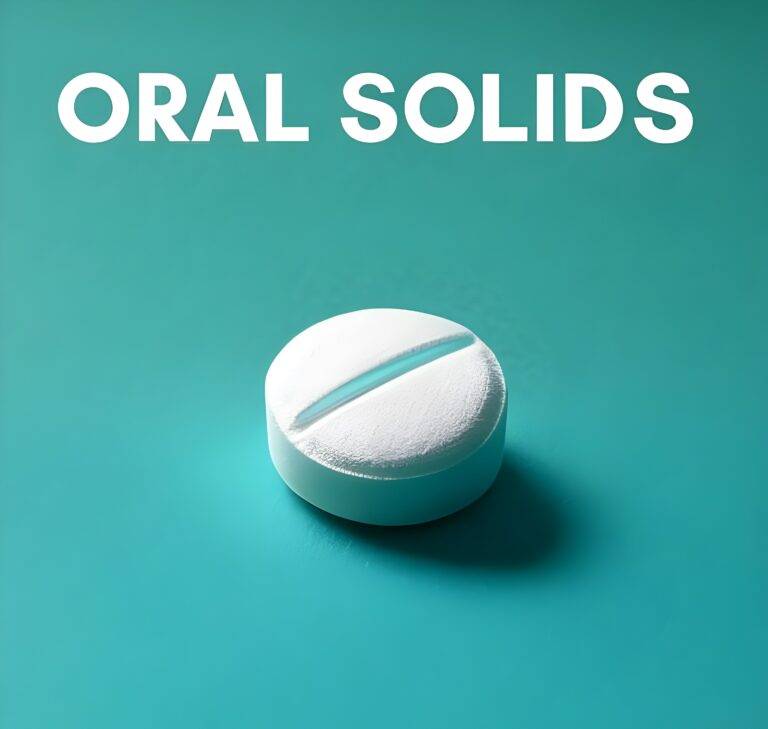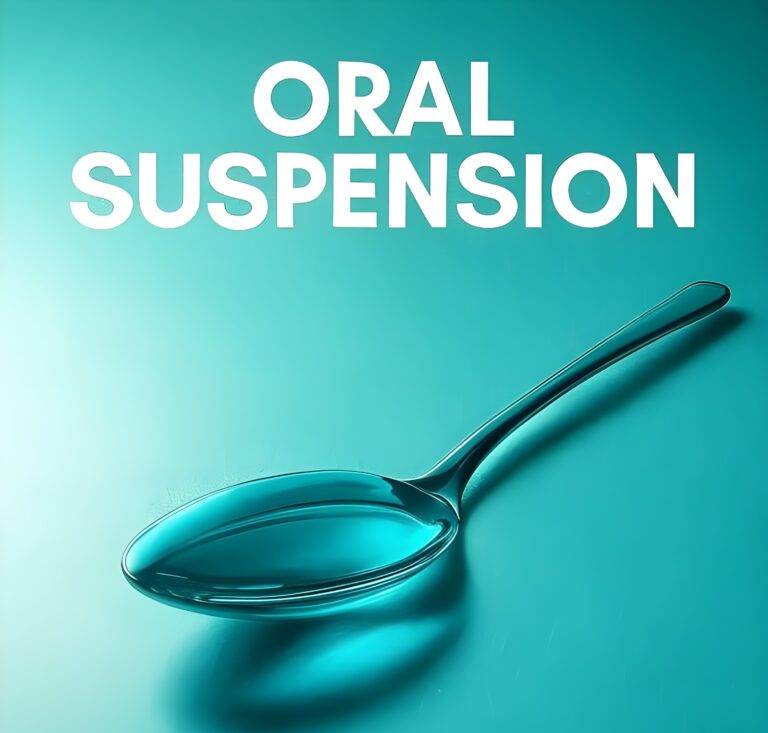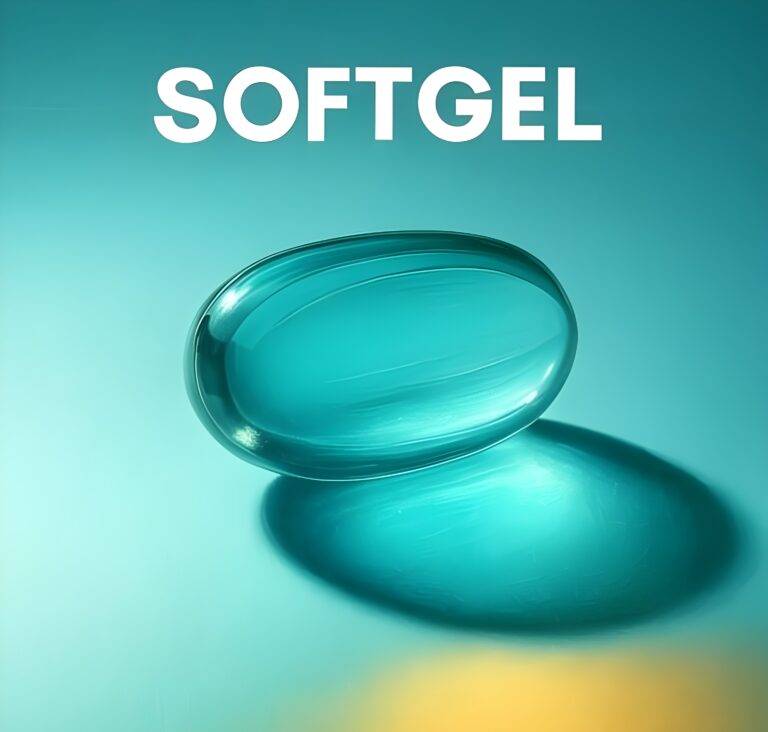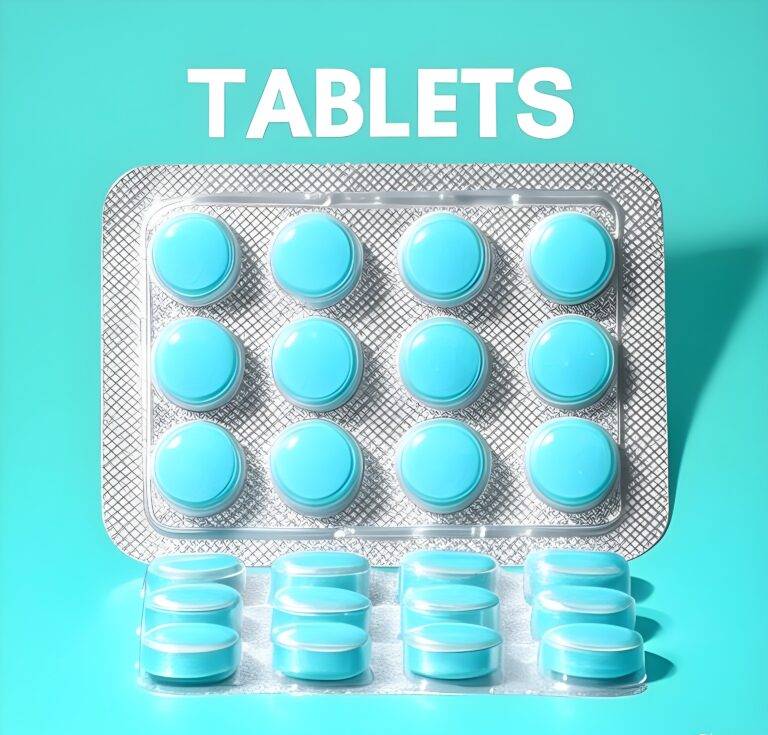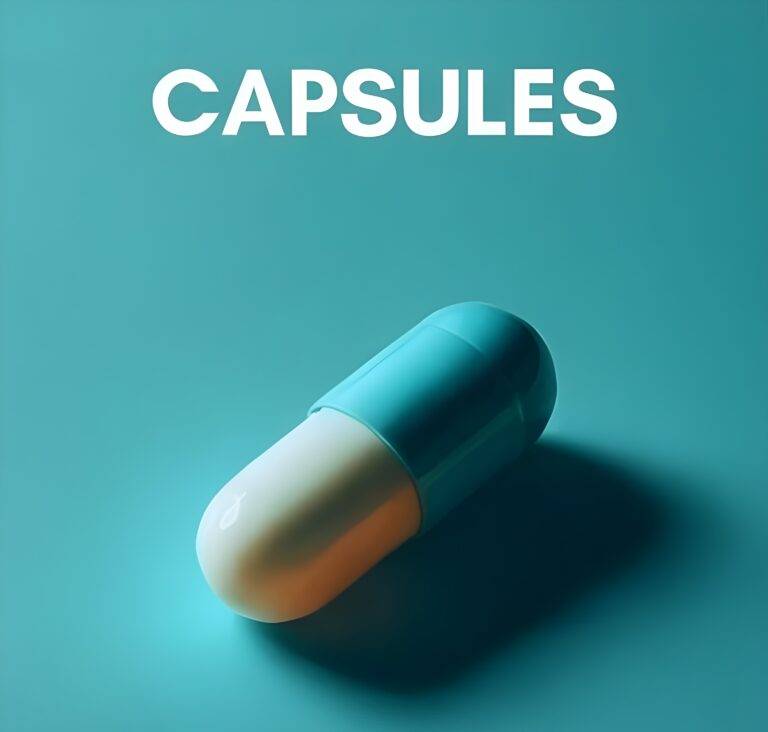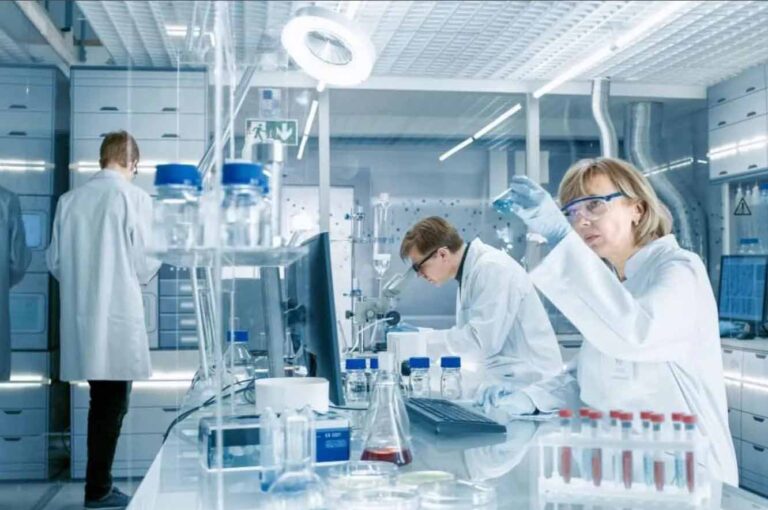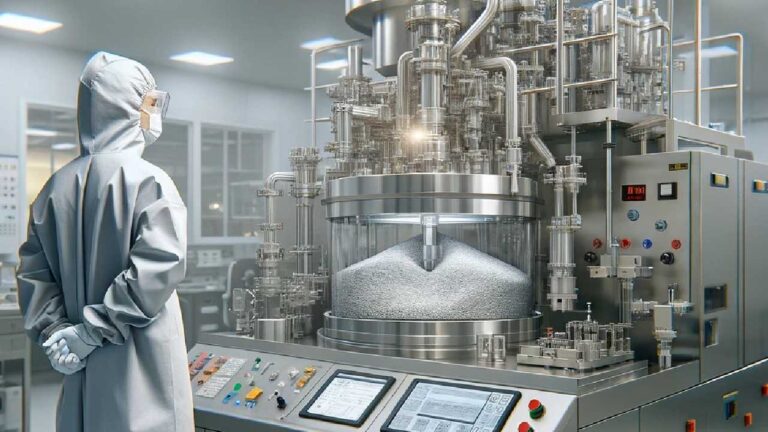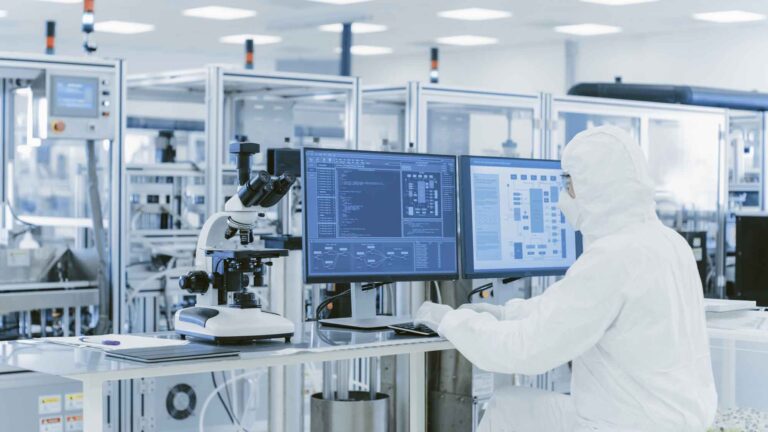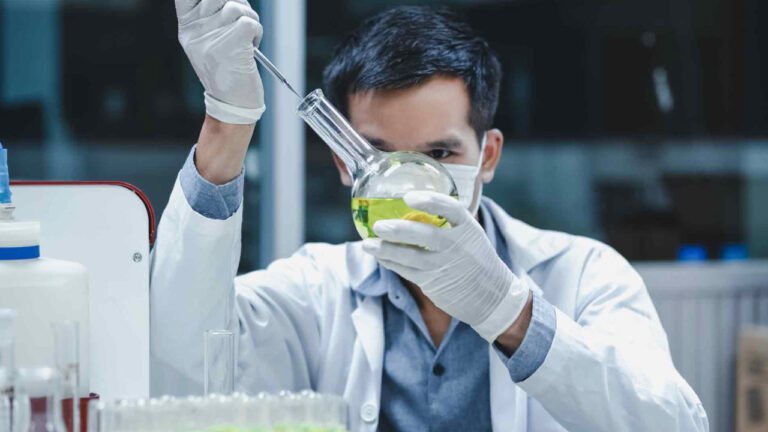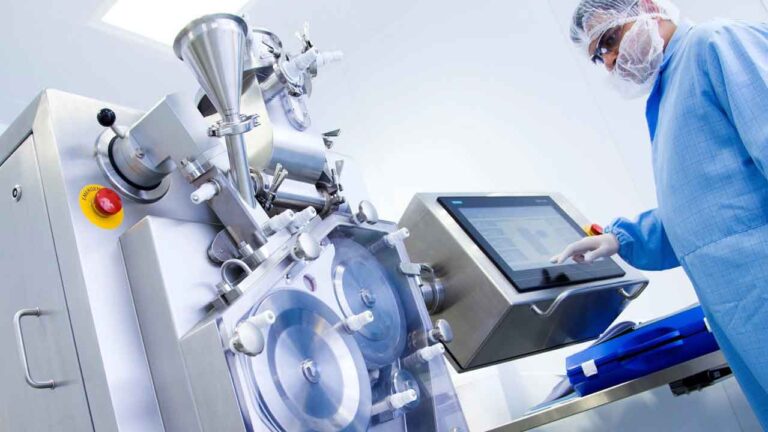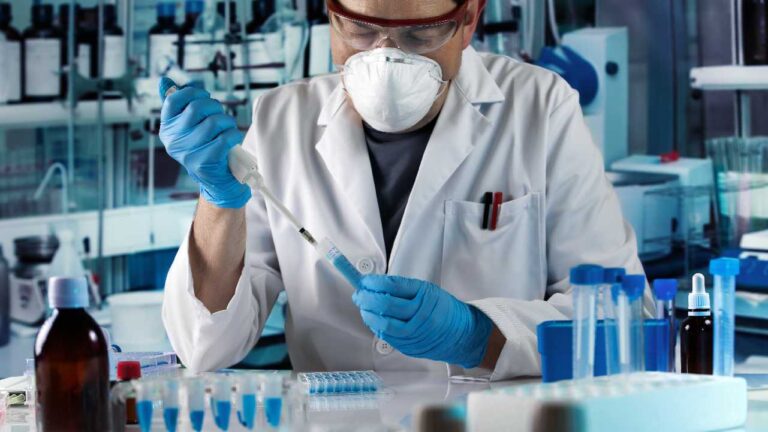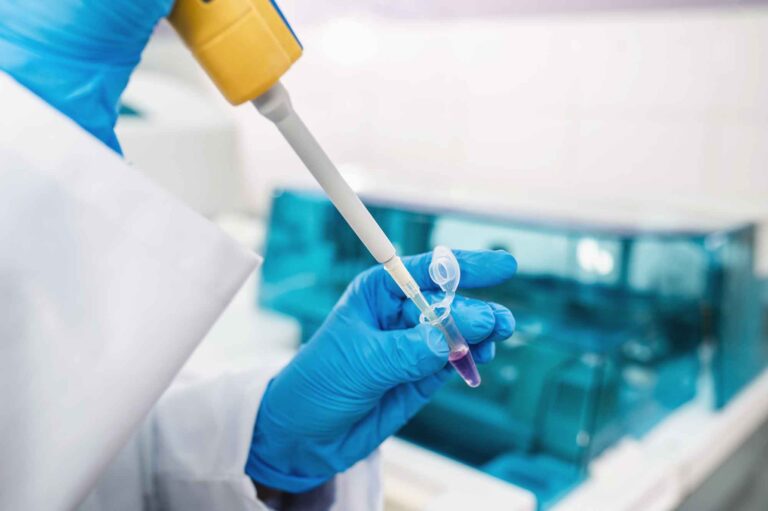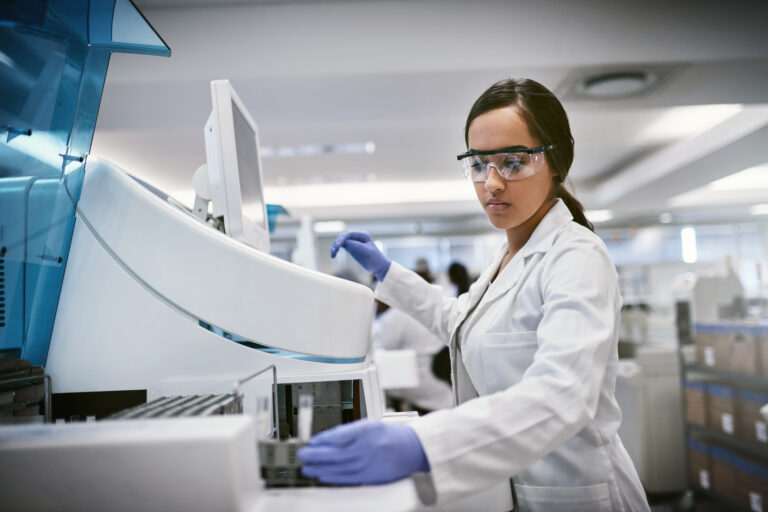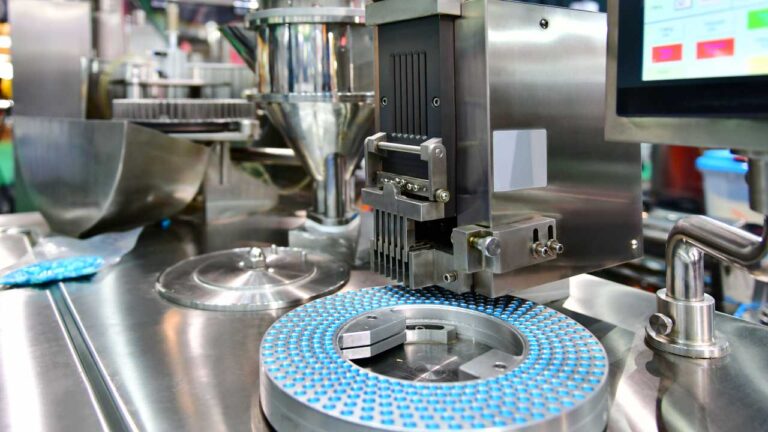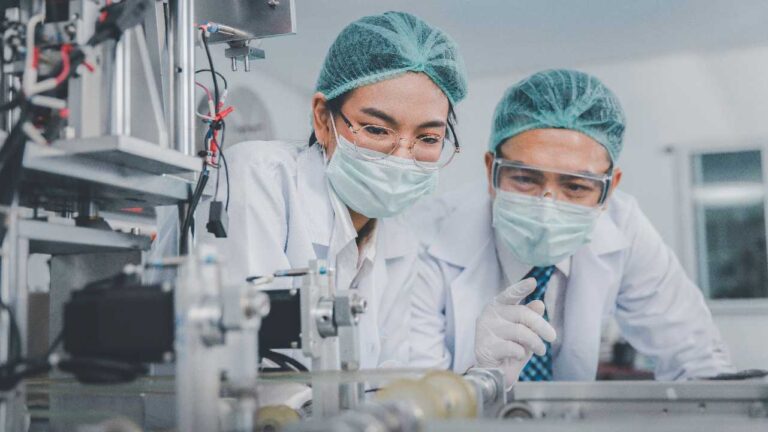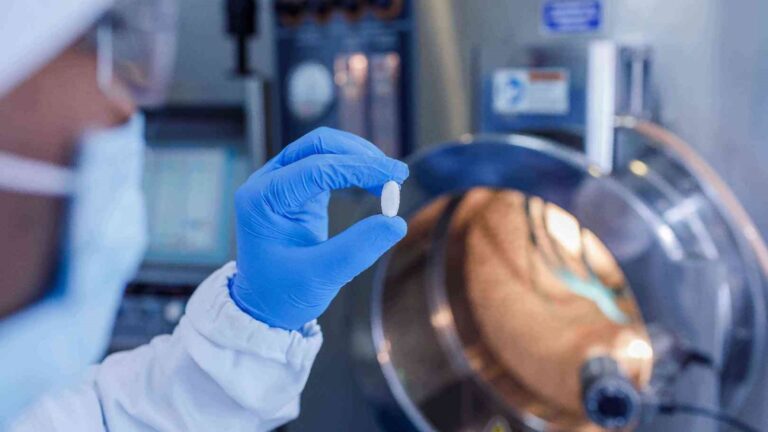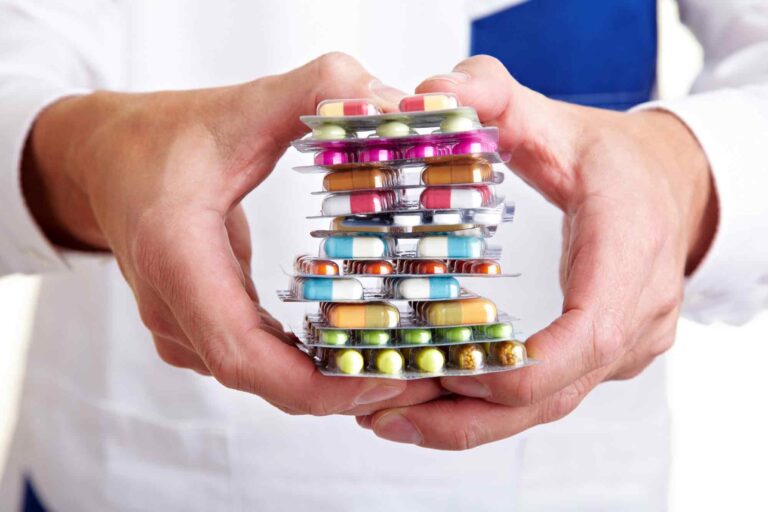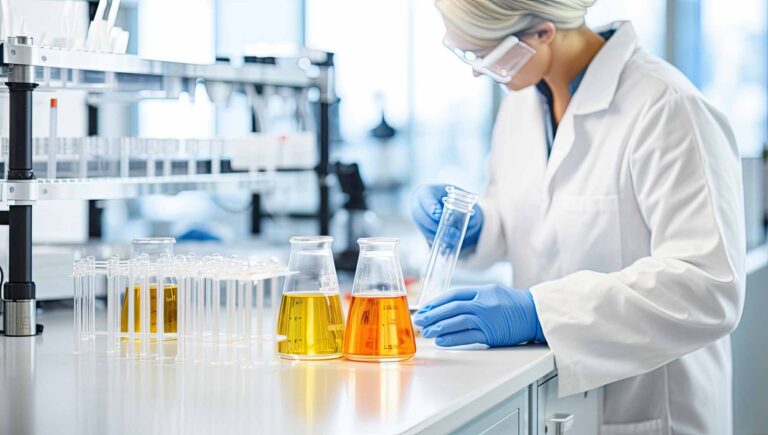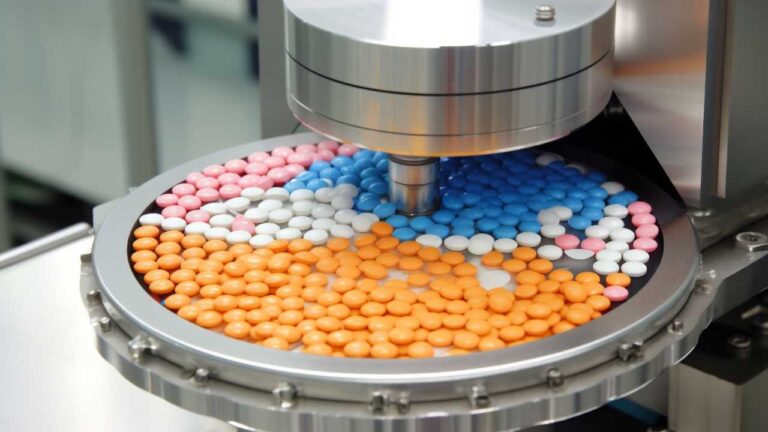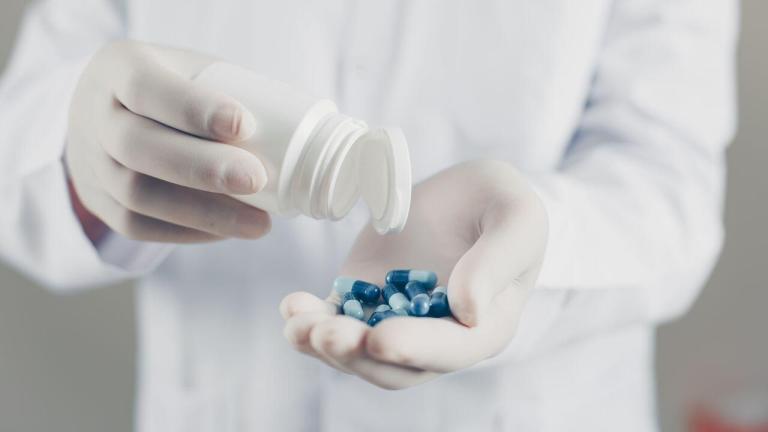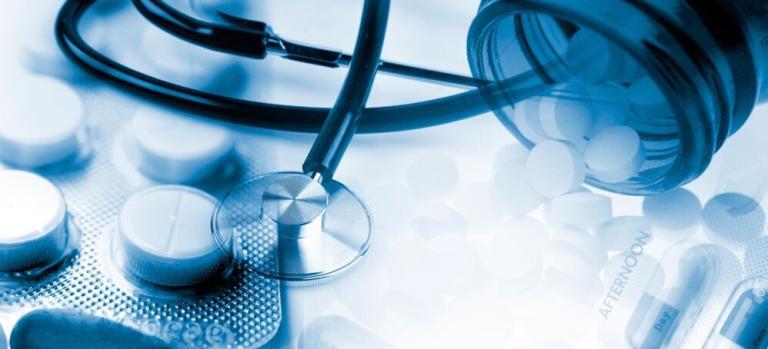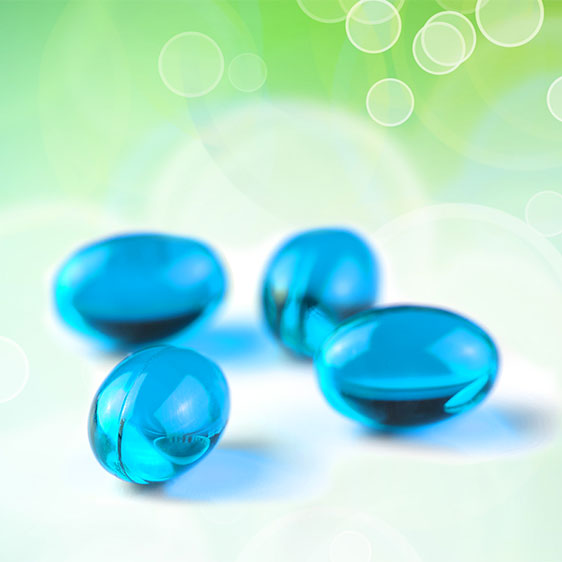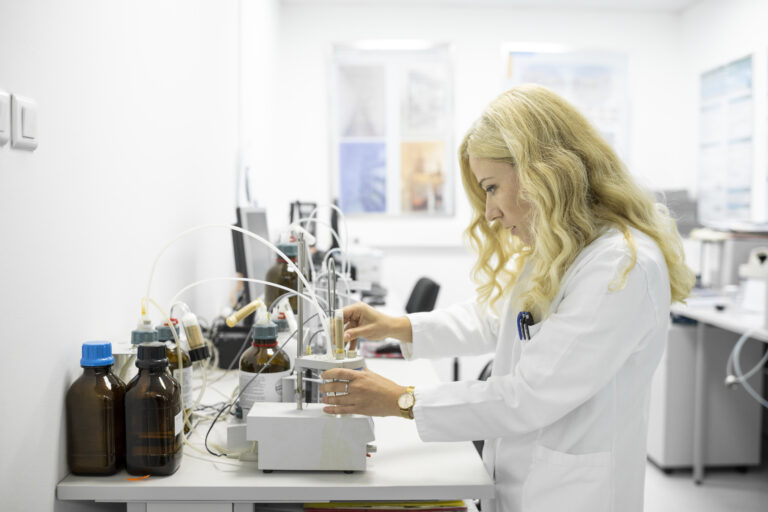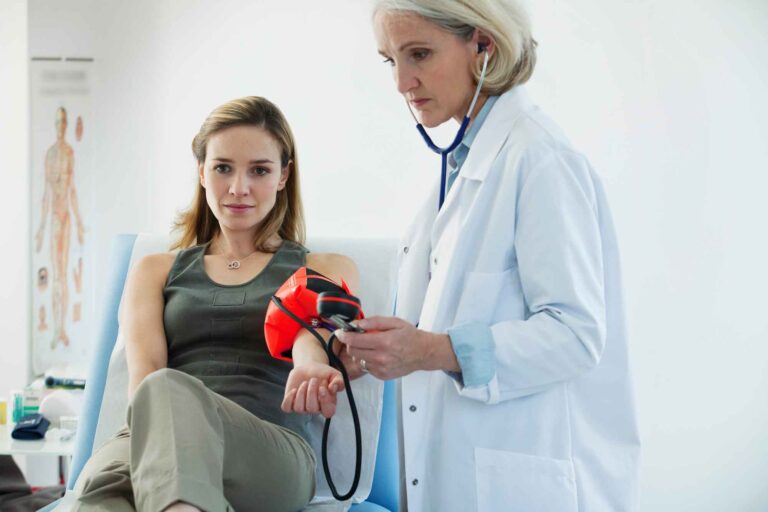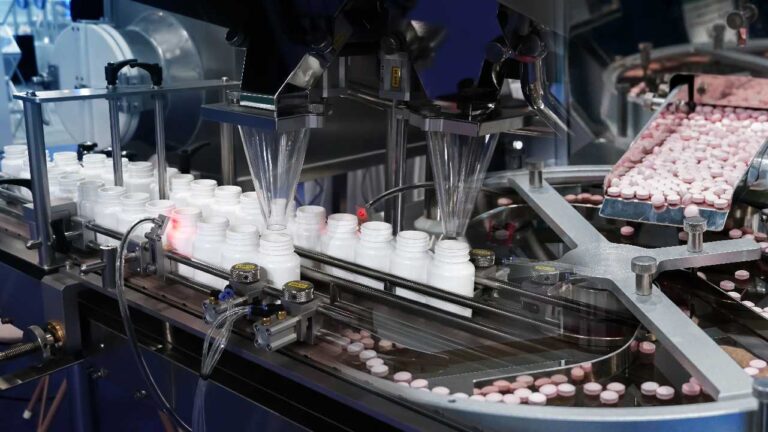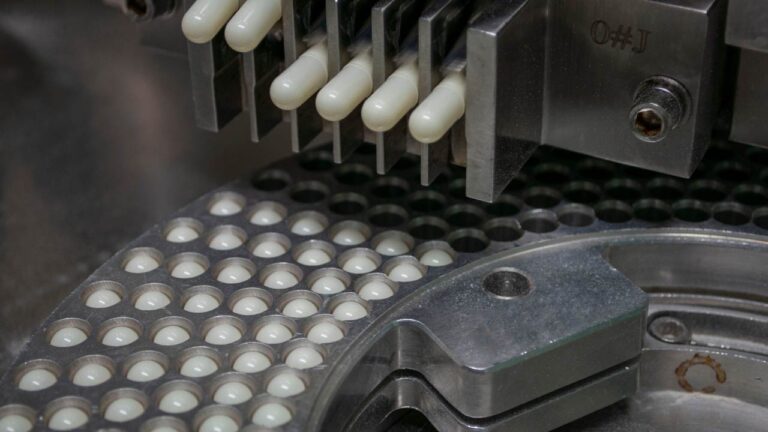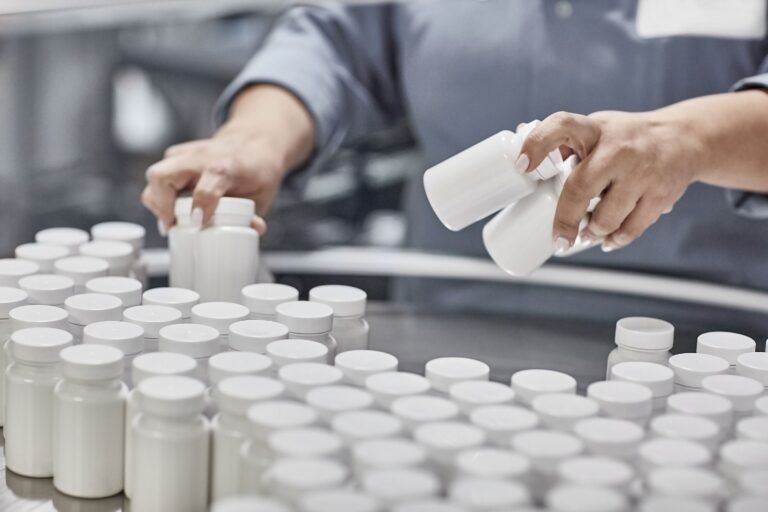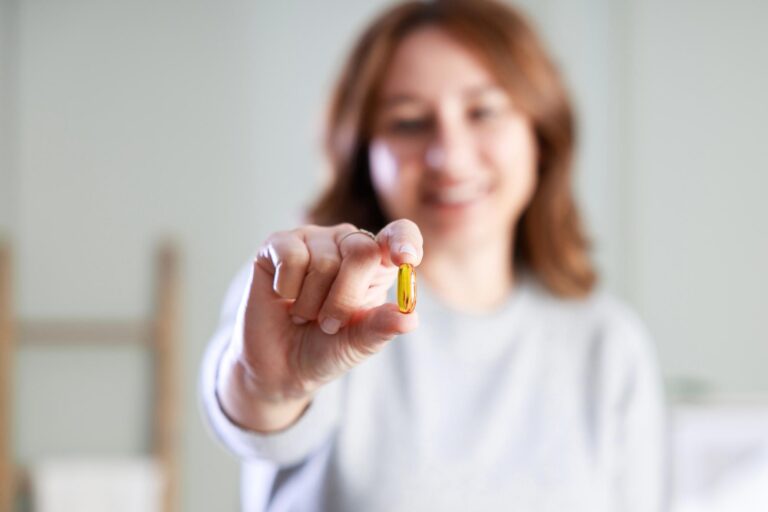Precision-Driven Bioequivalence Studies
Bioequivalence is a term used to describe the comparison between two pharmaceutical products that are pharmaceutically equivalent or pharmaceutical alternatives and display comparable bioavailability. When two products are bioequivalent, it means they would be expected to be, for all intents and purposes, the same in terms of their efficacy and safety.
Bioequivalence studies are typically required for the approval of generic drugs. These studies test whether the generic drug releases its active ingredient in the same amount and at the same rate as the original brand-name drug. At Hycon, we understand that bioequivalence studies are a pivotal part of the generic drug approval process. Our approach is precision-driven, ensuring that every study we conduct meets the stringent requirements set by regulatory authorities.
Understanding Bioequivalence in Depth
Bioequivalence studies are a regulatory requirement to ensure that a generic drug performs in the same manner as its innovator drug. These studies assess whether the generic drug’s active ingredient is absorbed at the same rate and to the same extent as the brand-name drug. The FDA and EMA have comprehensive guidelines that dictate the design, conduct, and evaluation of bioequivalence studies.
Tailored Study Designs Bioequivalence study designs are chosen based on the drug’s characteristics and intended population. They can range from simple two-period crossover designs to more complex adaptive designs that allow for mid-study adjustments based on interim results. These designs are critical in capturing the complete pharmacokinetic profile of the drug and ensuring that the study’s objectives are met.
Regulatory Expertise and Compliance Our team’s regulatory expertise is not limited to understanding current guidelines; we also actively participate in discussions and consultations on new regulatory developments. This proactive stance ensures that our studies not only meet current standards but are also prepared for future regulatory changes.
Enhanced Customer-Centric Approach A customer-centric approach in drug development means engaging with all stakeholders, including patients, healthcare providers, and payers, to understand their needs and preferences. This approach leads to the development of drugs that are not only effective but also align with the market’s expectations and improve patient adherence and satisfaction.
Innovative Method Development Our innovative method development includes using the latest analytical technologies and bioanalytical methods. We ensure that our methods are sensitive, specific, and validated according to international standards, providing reliable and reproducible data for bioequivalence assessment.
Comprehensive Stability Testing Our stability testing goes beyond standard protocols. We conduct accelerated, long-term, and stress testing under various environmental conditions. This comprehensive testing ensures that the drug product maintains its integrity, potency, and safety throughout its shelf life.
Patient-Centric Drug Development We incorporate patient feedback at every stage of drug development, from preclinical studies to post-market surveillance. This patient-centric approach ensures that the drugs we develop meet the real-world needs of patients and lead to better health outcomes.
Global Regulatory Strategy Our global regulatory strategy involves understanding and navigating the regulatory landscapes of different countries. We ensure that our bioequivalence studies are designed and conducted in a way that meets the requirements of multiple regulatory agencies, facilitating simultaneous submissions and approvals in various markets.
Data Integrity and Transparency We maintain the highest standards of data integrity and transparency. Our data management systems are designed to ensure that data is accurately recorded, stored, and reported, allowing for full traceability and auditability.
Environmental Sustainability We are committed to conducting our studies in an environmentally sustainable manner. We minimize our environmental footprint by optimizing our use of resources and reducing waste.
Advanced Analytical Capabilities
Hycon’s laboratories are a testament to innovation in pharmaceutical analytics, featuring advanced technologies such as ultra-performance liquid chromatography (UPLC) and time-of-flight mass spectrometry (TOF-MS). These sophisticated instruments enable us to conduct in-depth analyses of complex biological matrices, ensuring precise quantification and identification of drugs and their metabolites. Our thermal analysis capabilities, including differential scanning calorimetry (DSC) and thermogravimetric analysis (TGA), provide insights into the physical stability of drug formulations. We also employ spectroscopic methods like Fourier-transform infrared spectroscopy (FTIR) and ultraviolet-visible (UV-Vis) spectroscopy for rapid screening of drug-excipient compatibility. This suite of analytical tools is crucial for establishing bioequivalence and ensuring the safety and efficacy of pharmaceutical products.
Global Standards and Practices
At Hycon, we uphold the highest standards of regulatory compliance, aligning our operations with international guidelines such as those from the International Conference on Harmonisation (ICH) and the European Medicines Agency (EMA). Our adherence to Good Manufacturing Practice (GMP) and Good Distribution Practice (GDP) ensures that our products meet the quality standards required by global health authorities. We are proactive in our approach to regulatory changes, continuously updating our practices to stay ahead of the curve in this dynamic regulatory environment.
End-to-End Service
Our end-to-end service offering is designed to navigate the complexities of pharmaceutical development with a keen focus on customized dosage forms for oral, topical, and transdermal administration. We specialize in overencapsulation techniques for clinical trials, ensuring blinding and study integrity. Our expertise extends to the development of lipid-based formulations, which have shown promise in enhancing the bioavailability of poorly soluble drugs. We also provide comprehensive support in stability data analysis, utilizing state-of-the-art analytical techniques to ensure the longevity and efficacy of pharmaceutical products.
By integrating the latest advancements in drug testing technologies, adhering to global clinical practice standards, and offering comprehensive services, Hycon stands at the forefront of pharmaceutical development. Our commitment to quality, compliance, and innovation ensures that we deliver products that not only meet but exceed the expectations of our clients and regulatory authorities.
The Intricacies of Bioequivalence Studies
Bioequivalence studies are a cornerstone in the development of generic drugs, ensuring therapeutic efficacy and safety are on par with the original branded drugs. At Hycon, we delve into the intricate science that underpins these studies, focusing on the following critical aspects:
Population Pharmacokinetics and Dynamics
We conduct thorough population pharmacokinetic (PK) and pharmacodynamic (PD) analyses to understand how the drug behaves in different body systems and its effects over time. This includes assessing the absorption, distribution, metabolism, and excretion (ADME) profiles of the drug in various demographic groups, which is vital for determining the appropriate dosage forms and regimens.
Bioanalytical Methodology
Our state-of-the-art bioanalytical methods are developed with precision, employing advanced technologies such as liquid chromatography-tandem mass spectrometry (LC-MS/MS) to ensure accurate quantification of drug concentrations in biological matrices. This allows for the detection of the active pharmaceutical ingredient (API) at the site of action, which is crucial for establishing bioequivalence.
Statistical Analysis and Modeling
We utilize comprehensive statistical analysis and modeling techniques to ensure the reliability of our studies. This includes the use of sophisticated software and algorithms for data analysis, ensuring that our conclusions are based on solid statistical evidence. Our models are designed to account for variability within the population and to ensure that our studies can withstand regulatory scrutiny.
Risk Management and Mitigation Strategies
Risk management is integral to our bioequivalence studies. We implement proactive strategies to identify potential risks early in the study design phase. This includes a thorough analysis of the trial protocol, patient recruitment strategies, and data collection methods to ensure that any risks are mitigated effectively.
Regulatory Compliance and Submission
We maintain rigorous adherence to regulatory guidelines throughout the bioequivalence study process. Our team stays abreast of the latest FDA guidance and international regulations to ensure that our studies meet all necessary requirements for submission and approval.
Unwavering Commitment to Excellence
Our unwavering commitment to excellence is reflected in every aspect of our bioequivalence studies. We strive to not only meet but exceed regulatory standards, providing our clients with the assurance that their generic drug products will stand up to the highest levels of scientific and regulatory scrutiny.
Related Services
